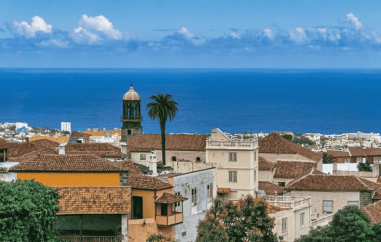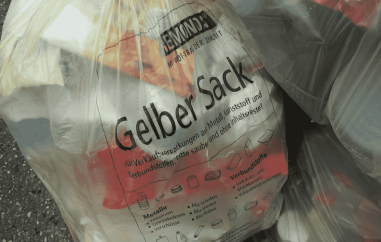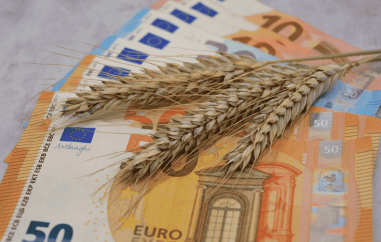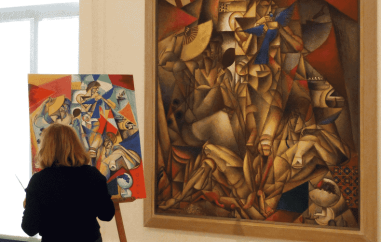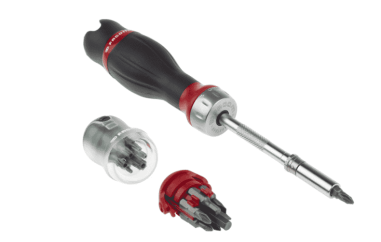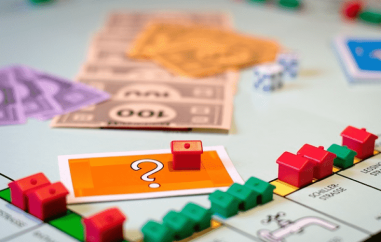A town in decline, and another on the rise
"It was the best of times; it was the worst of times..." Charles Dickens
OK, OK, it's a bit overstated. But for the people who live in Dachau and Olching the comparisons and contrasts between the two towns are very stark indeed.
One of my favorite activities in Munich is biking. Normally I ride south from Munich, towards the mountains and the big lakes. But once in a while, I ride northwest into what the locals call the "Outback". This is the area generally between Freising, Dachau, Augsburg and Pfaffenhofen an der Ilm. On a warm bright sunny Saturday last May, I set out to explore the Bavarian Outback.
I started out towards Dachau at about 9 in the morning, and arrived in the 'Altstadt', or old city center, at around 9:45. There was nobody there. It was nearly empty. No shops, no markets, no bakeries, nothing. An occasional bus or car would pierce the silence and rumble through. There were a few signs of life in the alleys as I continued peddling up the slope to Dachau Palace - a cat under a car, a burning light in a kitchen and a full blue bin of paper to be recycled. Dachau's old city center, with its winding cobblestone streets and elevation changes, could potentially be a wonderful, quaint place. Many of the buildings' facades have been tastefully done in a Baroque or Renaissance style which gives the town a rustic feel. Unfortunately, a few years ago the last super market relocated to the 'Lidl Aldi Belt', or Industrie Park, and all the old boutiques and shops followed - if they did not go out of business. This death of old Dachau was predicted in the local papers and, alas, it is true.
"The city is dying, it's completely quiet," says life-long resident Ellen M. "But this is exactly what the old people of Dachau want. They have no vision for the future. They drive their expensive cars to buy cheap food. Crazy." Many residents of Dachau choose now to go to restaurants and do their shopping in other nearby towns. They complain that most of the long-time residents of Dachau are old, and have old money. These older residents prefer to keep things very quiet, but by doing so, they ensure that Dachau will only be known for the one thing that many would like to put behind them, the concentration camp. There is no reason to stop in the Altstadt. One merely drives through and up the hill to the palace, which on clear days like this day has wonderful views of the Alps.
After a ten minute break I continued my bike tour, passing through some small villages, cow pastures and corn fields. After 45 minutes or so I was in Olching. A church clock struck 11. Though only about 10 km from Dachau as the crow flies, Olching couldn't be further from it in many ways. The town center, though nondescript and mostly modern except for a few older landmarks, consists of only one main street. In spite of this seemingly lackluster appearance, this lone street was absolutely teeming with people when I rode through. All of the bakeries (I counted at least 7) were full. Young parents pushed strollers, their precious cargo's sibling or siblings walking a few steps behind, investigating everything in their path. Mothers and daughters walked arm in arm while shopping and conversing. Fathers and their sons, the proud boys still wearing uniforms from their soccer team and the prouder fathers living vicariously through their offspring, searched for a place to get a bite to eat. Some older people were sitting on a bench, with their dogs close by, having a chat. Some teenagers were even seen drinking Red Bull and were probably planning that evening's festivities.
Olching native Alexandra W. says, "Olching is exactly where I want to live. It's close enough to Munich, but it still has that small town charm. It has plenty of things to do for people of all ages. It's a great place to raise a family or retire. It has nice landscapes, some very good shops and stores, and the largest Fasching's (Mardi Gras) parade in Upper-Bavaria." Even the Oktoberfest Queen is from Olching!
"Many farmers sold their land a few years ago, but remained in the area," adds Judith K., born in Olching but now a resident of Munich. "It was very important for them, and most Olchingers, to keep a balance between urban and rural, and have a lively center. Olching may not be much to look at architecturally, but it has a very vibrant community. And it will only continue to grow."
Olching also boasts of a very multicultural population. Many of these cultures are well represented in Olching through its restaurants. With a farmer's market on Fridays, a great county fair in late spring, a bird park along a small river a lake, and easy access by S-Bahn, Olching is a great place to kill a few hours and experience normal life in a small Bavarian city. Despite Dachau's great palace and gardens with a sumptuous view of the Alps, the lack of any activity in the city's center coupled with the concentration camp, make for a very melancholic impression. Whereas the S-Bahn from either Dachau or Olching takes the same amount of time to reach Munich's Central Station, about 20 minutes, the results of the train connection have created two entirely different city centers. Olching's 'new town' is growing at a rapid pace while sadly, Dachau's 'old town' is decaying. Perhaps the old money of Dachau could learn something from its upstart neighbour.

